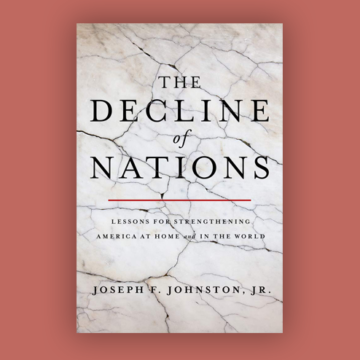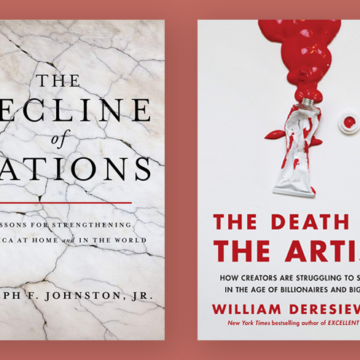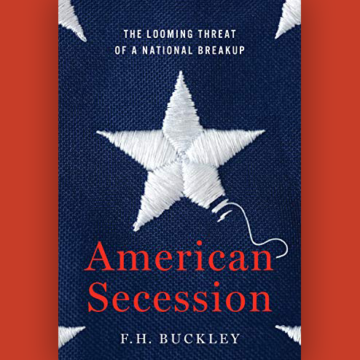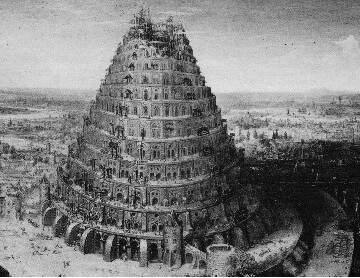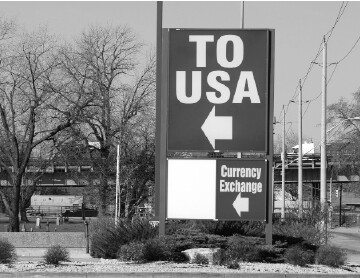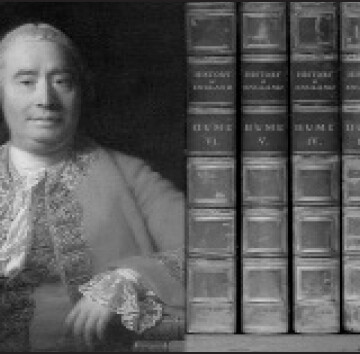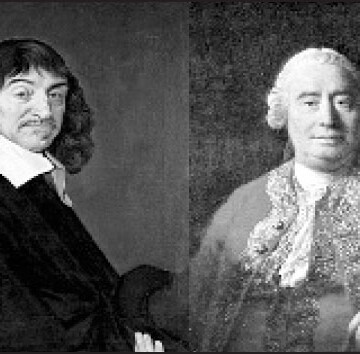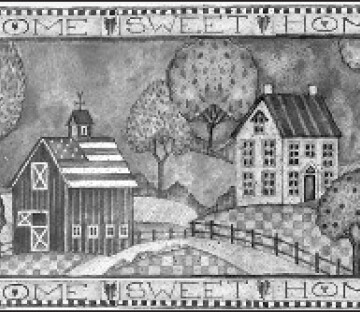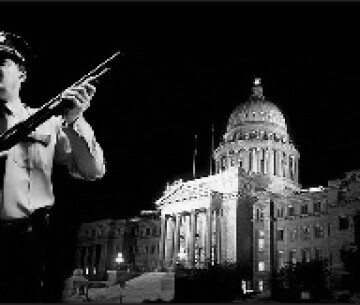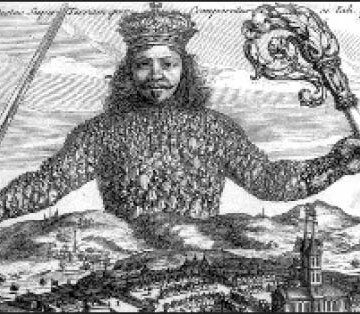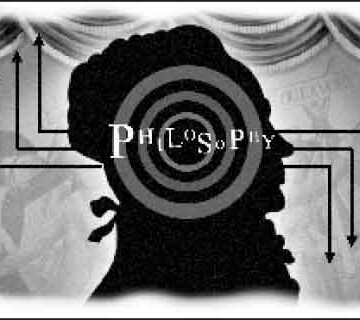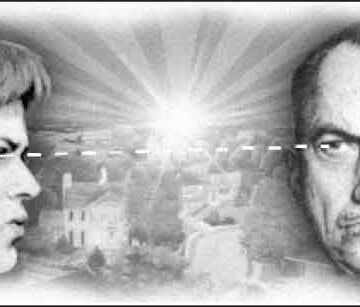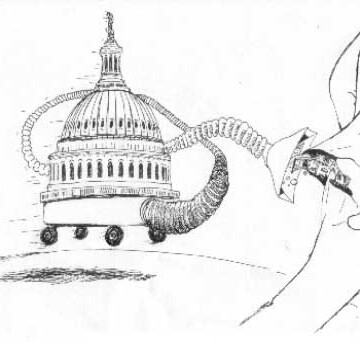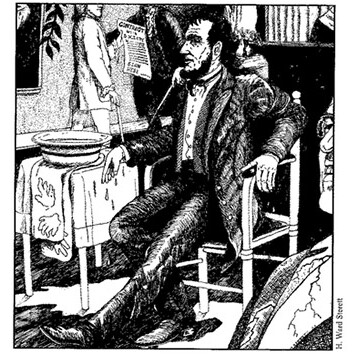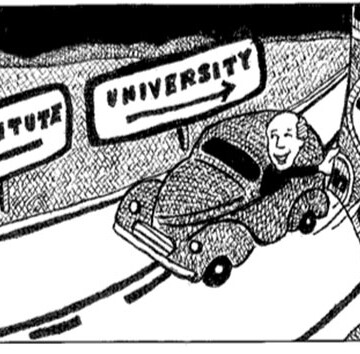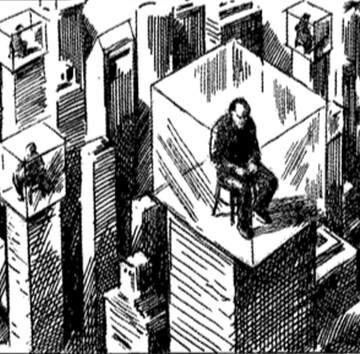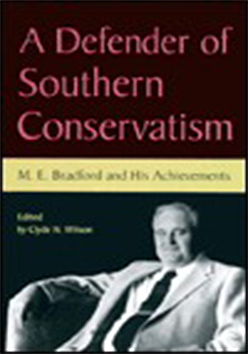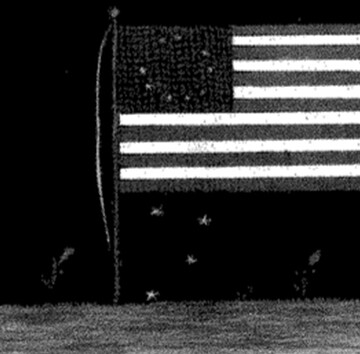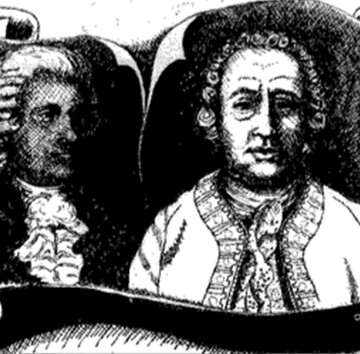The Decline of Nations: Lessons for Strengthening America at Home and in the World, by Joseph F. Johnston, Jr. (Republic; 385 pp., $30.00). How would you know your country is in mortal decline? Joseph Johnston first explains how the Roman Republic and the British Empire rose to greatness and then declined. In light of these...
Author: Donald Livingston (Donald Livingston)
Books in Brief: April/May 2021
The Death of the Artist: How Creators Are Struggling to Survive in the Age of Billionaires and Big Tech, by William Deresiewicz (Henry Holt; 368 pp., $27.99). Members of a book club at my highly selective undergraduate business school were stung by William Deresiewicz’s portrait of careerist, grade-grubbing college students in his scathing 2015 book,...
Secession Becomes Thinkable
American Secession: The Looming Threat of a National Breakup; by F. H. Buckley; Encounter Books; 184 pp., $23.99 When asked whether a state can constitutionally secede from the United States, Supreme Court Justice Antonin Scalia brushed the question aside, saying the matter was settled by the Civil War. He was wrong. A Zogby poll in 2018 found that...
Faithful Son
Boyd Cathey is an 11th generation Carolina Tar Heel who was mentored by and worked with Russell Kirk. The Land We Love: The South and Its Heritage is written reverentially, just as one might reflect on the memory of one’s mother. For the South is not just any region of the United States, like the...
The Strange Career of Individualism
What is individualism? John Stuart Mill answered this question with a theory of rights. Mill looked for a “simple” theoretical principle that could distinguish the liberty of the individual from that of the state. Not only is there no such principle, but we miss the full character of individualism if we try to grasp it...
The American “Civil War” and the Tower of Babel
The whole truth about Lincoln’s war to prevent 11 American states from forming a federation of their own cannot be understood unless it is seen as an extension of a brutal process of centralization that had been going on in Europe since the 13th century. Medieval Christian civilization contributed to political philosophy by introducing a...
Secession and American Republicanism
When the American colonists seceded from Britain in 1776, Europe was shared out among great monarchies. Only Switzerland was republican, but Americans were determined to enjoy a republican style of government in the New World. The republican tradition went back over 2,000 years to the ancient Greeks and consistently taught that a republic must satisfy...
Is America a “Republic”?
I entirely agree with the spirit of this roundtable but not with the language of restoring “the Republic.” The United States is not now and has never been a republic. It is a federation of states, each of which, in Article IV of the Constitution, is guaranteed a republican form of government. But a federation of...
David Hume: Historian
Intellectual historians commonly group Voltaire, Edward Gibbon, William Robertson, and David Hume as the four greatest 18th-century historians. If limited to only one of these authors, we would do well to begin with Hume. For one thing, Hume is the only thinker in history who has achieved world-class status as a philosopher and as an...
What Is Wrong With Ideology?
Ideology is an intellectual pathology that has gripped the West for about three centuries. At times, we have been told that ideology is at an end. This was said after the close of World War II, when the most ideological age yet, the Cold War, was just beginning. After its collapse, some 50 years later,...
The Declaration of Independence and Philosophic Superstitions
It is common among our political elites and pundits to link the Declaration of Independence with Abraham Lincoln, who found in it the ground and telos of the American nation: the Enlightenment doctrine that all individuals are endowed with rights that precede and are independent of any political society. To define these rights, we must...
The Natural History of the Night Watchman State
Liberalism, in all its guises, is a vision of the final form of political association. All history is viewed as a slow and painful struggle toward the realization of the liberal state. Other forms of political association are not denied value, but only because they can be seen as approximations to liberalism. The universalism of...
Aristotelian Worms in the Leviathan
Is there such a thing as the proper size of a political order? Westerners have inherited three visions of political size and scale: the Aristotelian polis; the Christian commonwealth; and the Hobbesian modern state. For Aristotle, the point of political order is the cultivation of human excellence. Since virtue cannot be learned except through apprenticeship...
Republicanism, Monarchy, and the Human Scale of Politics
The Founding Fathers had to face hard and unprecedented questions about the size and scale of a political order. They occupied a vast region, and conventional wisdom said that such could only be governed by monarchy. They were determined to be republicans, however, and the conventional wisdom was that republics had to be small. The...
The Ancestry and Legacy of the Philosophes
Edmund Burke records that two thirds of the Anglican clergy initially supported the French Revolution. He wrote Reflections on the Revolution in France to show that the Revolution was not merely an understandable effort at reform but an entirely unique intellectual and spiritual pathology. A language for this disorder of the soul did not exist...
Losing Federalism
Human liberty has two distinguishable but inseparable dimensions: the liberty of the individual to act according to his own reason and the corporate liberty of a moral community to pursue a vision of the good lived out in institutions and traditions that bind generations. These two dimensions are necessarily in tension. The individual’s autonomy can...
Communitarians, Liberals, and Other Enemies of Community and Liberty
I remember a time when the terms “community” and “virtue” had almost disappeared from philosophical discourse. Working on a doctorate in philosophy at Washington University in the mid-60’s, I took a seminar in ethics from Prof. Herbert Spiegelberg, who had written the definitive history of phenomenology. One day, he observed that philosophers no longer even spoke...
A “Containment Policy” for the New Cold War
Americans regularly accept expropriations—legal, moral, and economic—from the central government that would have driven our 18th- and 19th-century ancestors to arms. The Constitution reserves to the states and local communities all powers necessary to provide legal protection for valuable ways of life. These rights have been usurped by the central government, especially by the Supreme...
Diseconomies of Scale
“Free trade,” like “free love,” is a beguiling abstraction that hides more than it reveals. Absolute free trade would be an exchange of commodities between two people without the coercive intervention of a third party. But economic exchange is always embedded in a cultural landscape of noneconomic values, which impose restraints. Blue laws prevent trade...
We Are All Immigrants Now
Poll after poll shows that the vast majority of Americans want stricter controls on immigration. Yet it should be clear that our ruling class is not going to impose stricter controls or even enforce its own laws. What does this mean? The first thing to note is that immigrants, as such, are not the problem....
“Dedicated to the Proposition”
A gay activist recently claimed on national television that legal rejection of gay “marriages” violates the Declaration of Independence, while an ACLU member insisted that posting the Ten Commandments in a courtroom was a violation not only of the Bill of Rights but of the Declaration. Though absurd, these positions logically follow from the dominant...
The Litmus Test for American Conservatism
Abraham Lincoln is thought of by many as not only the greatest American statesman but as a great conservative. He was neither. Understanding this is a necessary condition for any genuinely American conservatism. When Lincoln took office, the American polity was regarded as a compact between sovereign states which had created a central government as...
Barbecue Shacks, Palmetto Groves, and Other Schools
The smog of political correctness hangs heavily over most American colleges and universities. Since the politically correct are intolerant, support only their own style of research, and hire and tenure only their own kind, this condition may well he with us for two generations. This has led some to despair over the fate of higher...
A Bad Lie
The great evil of the modern age is the ability of modern states to destroy or suppress independent social authorities and to concentrate power to the center. The horrors of the 20th century—world wars, totalitarian revolutions, mass killings of millions by the state—could not have happened without a concentration of power unprecedented in history. The...
The Strange Career of Individualism
What is individualism? John Stuart Mill answered this question with a theory of rights. Mill looked for a “simple” theoretical principle that could distinguish the liberty of the individual from that of the state. Not only is there no such principle, but we miss the full character of individualism if we try to grasp it...
M.E. Bradford and the Barbarism of Reflection
“The hours of a wise man are lengthened by his ideas.”—Joseph Addison This is the first critical study of M.E. Bradford, whose untimely death in 1993 silenced the most eloquent voice ever raised on behalf of the permanent things as they are revealed in the Southern tradition. It would be a...
Decentralists or D.C. Centralists?
As we approach the end of this century, and indeed of a millennium, there is more than the usual tendency to reflect on things human and divine. One thing we should ponder is that the 20th century, often praised as the most enlightened, progressive, and humane period in history, has in fact been the most...
One Nation Divisible
Something extraordinary has happened over the last decade or so—something neither the Republican nor Democratic leadership seems to understand. A large and growing number of Americans are now openly saying that much of what the central government does is not simply wasteful, corrupt, and destructive but illegitimate as well. This year the central government will...
One Nation Indivisible
I pledge allegiance to the flag of the United States of America and to the republic for which it stands, one nation under God, indivisible, with liberty and justice for all. There is irony in the fact that although prayer has been banned in our public schools, millions of American schoolkids are required to recite...
David Hume and American Liberty
David Hume’s History of England was one of the most successful literary productions of the 18th century. It became a classic in his lifetime and was published continuously down to 1894, passing through at least 167 posthumous editions. The young Winston Churchill learned English history from an abridged edition known as “The Student’s Hume.” Yet...
